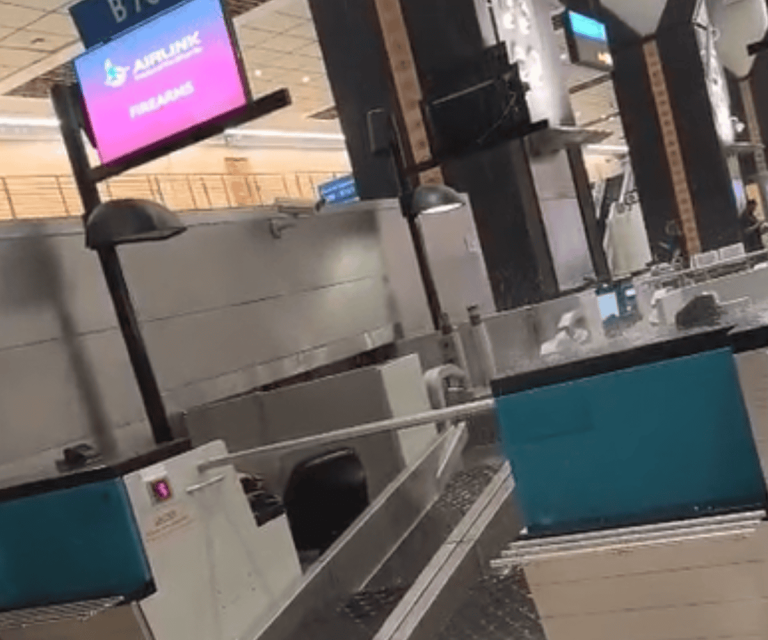
The Director-General of the Nigeria Civil Aviation Authority, Captain Chris Najomo, has called for stronger collaboration with the judiciary to deepen understanding of laws governing contractual relationships in Nigeria’s aviation industry, particularly the Cape Town Convention.
Najomo made the call at the grand finale of the International CTC Moot Court Competition, held on Wednesday evening at the Federal High Court, Abuja, under the auspices of the CTC Academic Project.
The CTC comprises the Cape Town Convention on International Interests in Mobile Equipment 2001 and the Protocol to the Convention on Matters Specific to Aircraft Equipment.
Represented by Captain Donald Tonye Spiff, NCAA’s Director of Operations, Licensing and Training, Najomo stated that the implementation of the CTC “has placed Nigeria in a better position before aircraft lessors and the global aviation business community.”
The well-attended event was organised by the Federal Ministry of Aviation and Aerospace Development, in collaboration with the NCAA, with support from the Aviation Working Group.
Najomo explained that the objective of the programme was to familiarise students, academics, and members of the judiciary with the provisions of the CTC through the application of complex hypothetical scenarios in a simulated court setting.
He noted that before Nigeria’s adoption of the CTC, many aircraft manufacturers and leasing companies were reluctant to engage in business with Nigerian airlines due to uncertainty over contractual enforcement. However, with the treaty now in place, he said, the country had gained credibility in the international aviation market.
The NCAA Director-General commended the students who participated in the moot court for their outstanding performance and dedication, describing their display as proof of Nigeria’s intellectual capacity across all sectors.
Also speaking, the Secretary-General of the AWG and Co-Director of the CTC Academic Project, Mr Jeffrey Wool, said he was delighted with the successful hosting of the first Nigerian International CTC Moot Court.
Wool described the CTC as an economically vital international treaty ratified by Nigeria, adding that the moot court provided a practical avenue to introduce students and the judiciary to its key provisions.
He noted that the Federal High Court had recently issued a practice direction on the handling of CTC-related cases.
The event featured a simulated courtroom session involving two opposing teams of law students from the University of Benin and the University of Lagos, adjudicated by a three-member panel of Federal High Court judges Justices Binta Nyako (who presided), Joyce Abdulmalik, and James Omotosho.
At the end of the competition, Osauyi Temiloluwa Agbonwaneten, lead counsel for the University of Benin team, emerged first in advocacy, followed by Adedayo Michael of the University of Lagos. Falotan, also of the University of Lagos, came third, while Bawi Toluwaleyi Testimony placed fourth.
Eighteen universities from Nigeria’s six geopolitical zones participated in the preliminary rounds of the competition, from which the University of Benin and the University of Lagos qualified for the final held on November 12.



